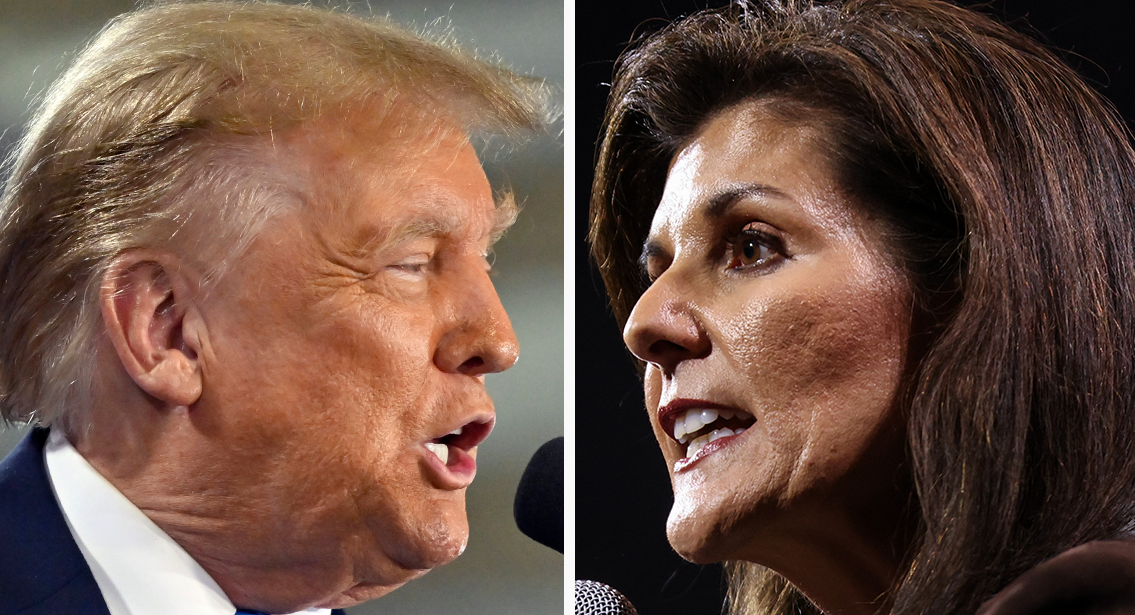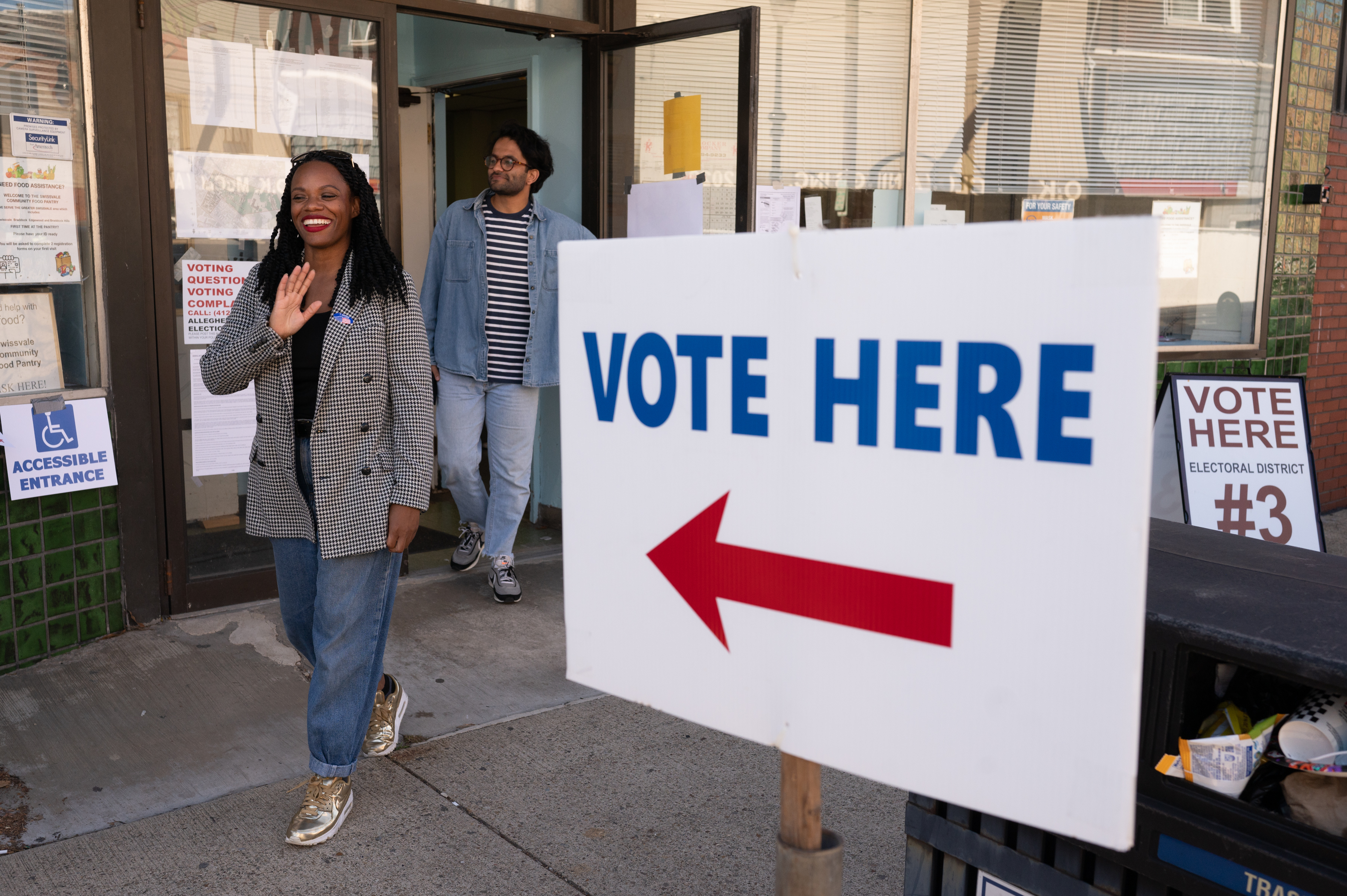Hotel staff can be the first line of defense when it comes to preventing tragedies like Sunday's mass shooting in Las Vegas, one local expert told NBC10.
“You can’t be prepared for something like this, but it really comes back to standards,” Christopher Newman, a Philadelphia-based hotel security expert, said.
Monday, investigators scrambled to unravel what compelled Stephen Paddock to open fire on a country music concert outside the Mandalay Bay Resort and Casino in Las Vegas Sunday night. More than 50 people were killed and hundreds more were injured.
Investigators uncovered 17 firearms in Paddock’s room but hotel staff did not report seeing anything suspicious prior to Sunday’s massacre, Las Vegas Sheriff Joseph Lombardo said.
Paddock checked into his 32nd floor room Thursday, according to investigators. He spent several days gambling in the hotel's casino and interacted several times with hotel staff during his stay.
The morning after his attack, curtains flapped through two open windows where Paddock opened fire.
As mass shootings and other acts of terrorism become increasingly common, hotel personnel increasingly are serving as the eyes and ears of first responders, Newman said.
It’s a trend in hospitality that has been taking shape in the years since Sept. 11 rattled Americans’ sense of safety.
“Especially now you have to coach front desk agents, bellmen ... that when the guest is leaving you say something like 'Enjoy your evening and stay safe,’” he said.
If a hotel guest responds negatively, staff can try offering them a complimentary beverage or snack. If they continue to act aggressively or negatively, it might be a sign something bigger is at play.
Local
Breaking news and the stories that matter to your neighborhood.
These kind of interactions serve two purposes: It allows staff to better understand the mood and mindset of a guest, but it also reminds people to be aware of their surroundings. This includes employees and visitors.
“From the pope to President Carter and foreign dignitaries, all of their knowledge goes out the window because they feel like the hotel has them covered,” he said.
"This is exactly why something like this can wreak so much havoc."
Behavioral profiling has become increasingly important in recent years because American hotels do not screen guests’ luggage, Newman said. This kind of screening does not focus on what a guest looks like or where they are from, but instead how they are acting and what kind of luggage they are carrying.
For instance, a guest who reserved a room for several days but did not check any baggage could be a red flag. Also, a guest carrying too many bags for a short stay could be a cause for concern.
Bill Bratton, former New York City Police Commissioner, told MSNBC the fact that the gunman fired his rounds from the hotel indicated a degree of planning.
"Getting a room that would be facing the venue, if that in fact was to be his target; the weaponry quite obviously was capable of traversing the distance of what has been described as about 300 yards, which would indicate a military-style weapon," he said.
But asking for a hotel room facing a certain direction is not, by itself, a sign that crime might be committed. So what other warning signs should staff consider?
A guest who goes more than three days without asking for their room to be cleaned. Most major hotels require staff to enter a guest’s room if too many days have passed since housekeeping was allowed to clean.
In those situations, the general manager, security personnel and at least one witness hold the right to enter the room without permission.
"A well-trained hotel team always remains calm," Newman said.



